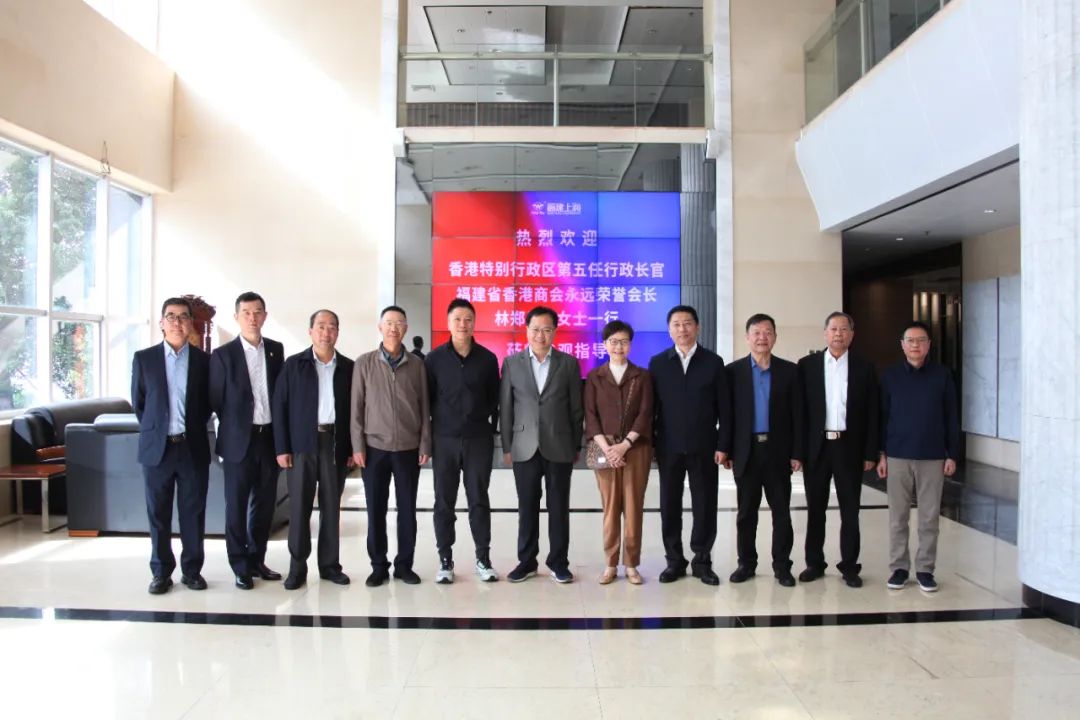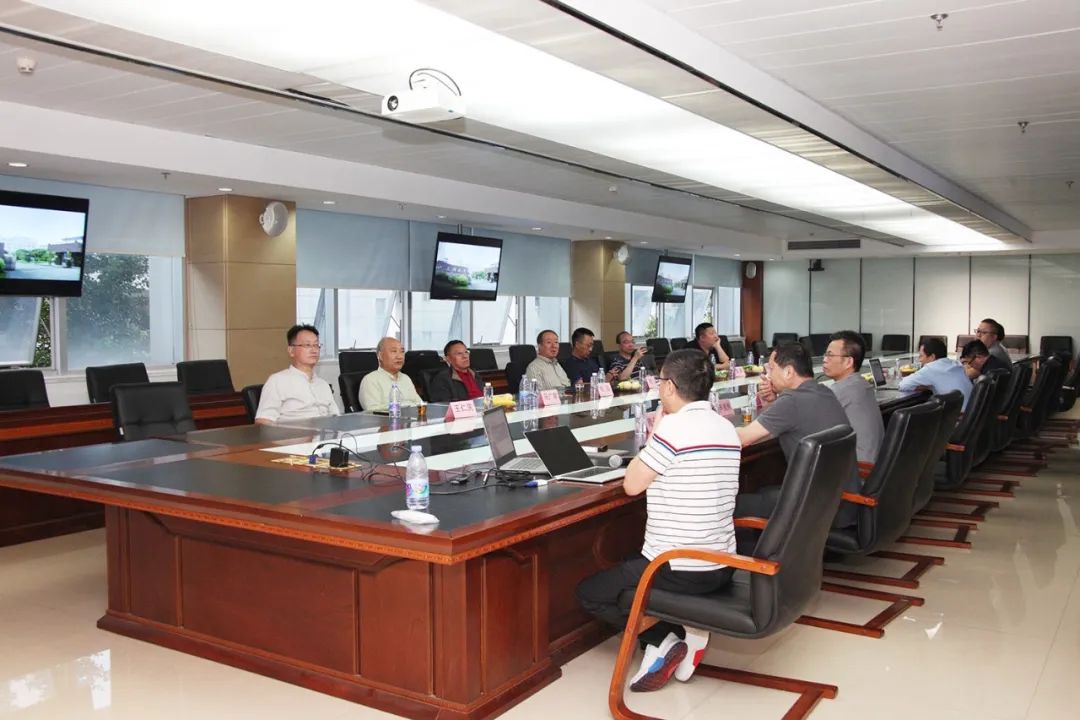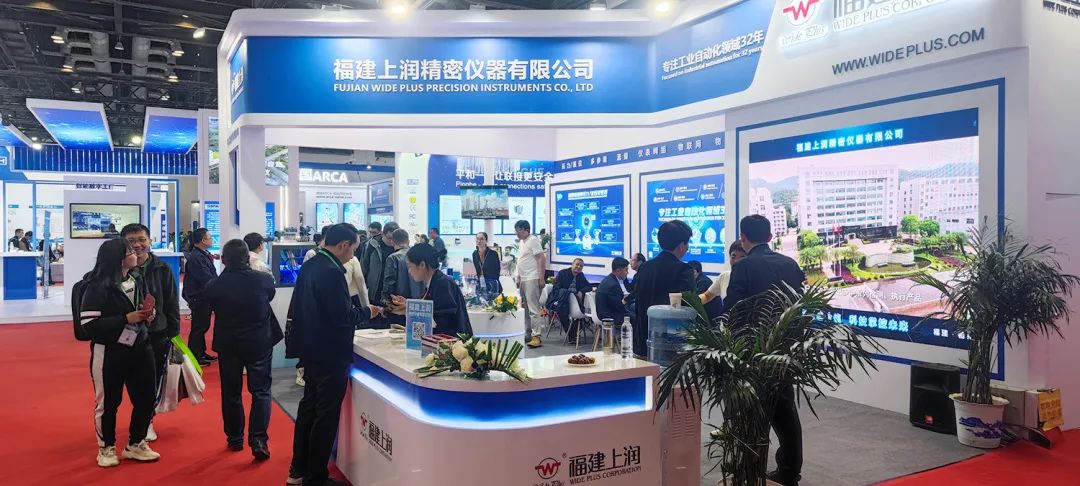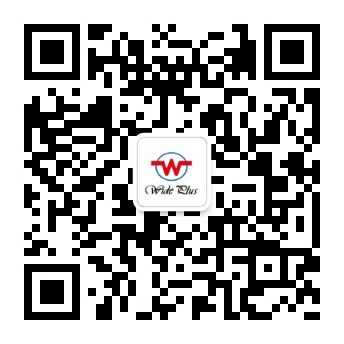Energy blockchain Rise: Discover promising blockchain applications in five areas
Energy blockchain Rise: Discover promising blockchain applications in five areas
(Summary description)As the most popular blockchain technology in the world in the past two years, its integration with various industries is accelerating. The energy industry, a traditional heavy-duty industry, with new challenges, also has a deep and practical application foundation for blockchain.
- Categories:2018 Year
- Author:
- Origin:
- Time of issue:2018-07-26 11:50
- Views:0
As the most popular blockchain technology in the world in the past two years, its integration with various industries is accelerating. The energy industry, a traditional heavy-duty industry, with new challenges, also has a deep and practical application foundation for blockchain.
With the gradual popularization of blockchain applications, this traditional market that changes slowly is ushering in new development opportunities. In this revolution, from traditional energy giants to technology companies to emerging startups, there is no shortage.
It is estimated that about $100-300 million is currently invested in more than 100 blockchain applications in the energy sector.


Energy sector blockchain application projects and investors
Large technology companies are leading the development of blockchain energy applications.
For example, Siemens has invested in blockchain development companies; IBM has established a dedicated blockchain lab and developed related applications for various fields. In China, IBM uses blockchain technology to track large carbon emitters through a carbon asset trading platform; In Europe, IBM has partnered with power supply system operator Tennet (TSO) to balance supply and demand in the high-voltage grid.
To solve the problems of the energy sector, cross-border cooperation between various types of institutions is indispensable.
For example, the Energy Web Foundation (EWF) is a consortium developing energy industry standards for blockchain. The foundation, which is made up of companies such as Shell, Equinor (formerly Statoil) and Japan's TEPCO, as well as a dozen energy blockchain startups, aims to support interoperable applications and can streamline the transition to blockchain for other energy companies.
So, what exactly can blockchain solve in the energy industry, and in what areas does it have the best application prospects? What are the typical application cases in these fields?
Recently, the research firm Energy Futures Initiative released a report, "Promising Blockchain energy Applications: Separating Signal from Noise," which provides a detailed analysis of these issues.
The report argues that in the face of the current jumble of energy blockchain applications, it is important to identify those projects that are truly valuable. The report uses two criteria to identify promising blockchain energy applications:
-
Does the application sufficiently align the core benefits of blockchain with emerging issues in the energy sector?
-
Is blockchain used to support an ecosystem of business functions, rather than a single use?
The report assesses the application of blockchain in five areas: distributed energy, electric vehicles, energy trading platforms, carbon tracking and registration, and energy trading in emerging markets.

In general, the core functions of the blockchain can respond to the new challenges that the energy industry is increasingly generating, and promote the sustainable development of the energy industry through mutual integration.
1.Distributed energy
Distributed energy can increase grid flexibility, reduce operating costs, and improve reliability. According to the North American Electric Reliability Corporation (NERC), distributed energy is slowly changing how distribution systems interact with high-capacity power systems, and these changes can alter power transmission and the response of grid operators to a variety of operating conditions.
Blockchain can add renewable and other distributed energy sources to the power system, improving the visibility and control of distributed energy sources to meet the increasingly complex operational needs of the grid.

Smart contracts allow suppliers and consumers to automate sales by creating parameters based on price, time, location, and type of energy allowed. In theory, these advanced applications and grid designs could create a more optimized supply and demand balance.
Dutch power company TenneT is currently working with IBM on a pilot project to improve distributed energy performance using blockchain. The project allows electric vehicle owners to sell excess electricity generated by their home photovoltaic systems to the grid to balance the grid's energy needs.
2.Electric vehicle
According to the International Energy Agency's (IEA) 2018 Global Electric Vehicle Outlook report, as of 2017, the total number of electric vehicles (including pure electric vehicles and plug-in hybrid electric vehicles) on the world's roads exceeded 3 million.
In the future, the continued growth of electric vehicles will largely depend on cost reductions, improved vehicle performance, faster charging speeds, and the availability, speed, ease of use, and cost of charging infrastructure.
There are currently about 1.68 million private charging devices in the world, and the vast majority of chargers are idle for most of the day.
Through the use of blockchain, owners of private charging devices can be provided with subsidy incentives so that they can be shared for public use, owners can set their own charging prices, and use blockchain to handle all billing, payment, and identity verification issues.

Blockchain application in electric vehicle charging network
Currently, ZF, UBS, Innogy, and IBM are developing blockchain platforms that automate and integrate a range of mobility services, including electric vehicle charging, billing, parking fees, highway tolls, and car-sharing service fees.
In addition, data collected by blockchain can help utilities and operators manage power quality and system adequacy issues related to the growth of electric vehicles, as well as interact with smart meters to enhance their role in managing data related to charger rates, location, and usage.
3.Energy trading
Digitalisation runs through the entire energy value chain, enabling businesses to achieve unprecedented efficiencies while reducing transaction costs and risk. An increasing number of energy and commodity trading companies rely on leveraging big data analytics and cloud services to optimize their processes.
Even though these businesses have invested millions of dollars in automating certain processes to reduce costs, manage risk, and increase profits, transaction processes still rely heavily on human exchange of goods, multiple interactions between businesses, and third-party intermediaries to complete transactions.

A typical energy supply chain requires multiple file transfers
Blockchain-based platforms can help integrate current market players and incentivize new ones. Through smart contracts on the blockchain, many types of energy, including electric vehicles, can be used as a source of supply, or actively respond to related transaction and payment functions.

Blockchain-based energy balance could better integrate market participants
The core advantages of blockchain dovetailing well with energy trading, and the many changes associated with the digitization of the energy sector, make it possible to analyze big data in real time to better inform trading strategies and pricing decisions.
For example, blockchain can be used to optimize the entire transaction lifecycle of oil and refined products, natural gas and liquefied natural gas, and electricity, from price discovery and trading to back-office management settlement and payments. This reduces labor costs, faster settlements also reduce capital costs, and moving from multiple processes to a single process can further cut technology costs.
In addition to simplifying management within a company, blockchain can also enable the sharing of transaction costs between companies.
In early 2017, ING, Societe Generale and Mercuria, a global commodities trading group, jointly developed and tested a blockchain project. By integrating oil suppliers, sellers, traders, banks, customs, etc. into the blockchain, the project reduces the cost of text work, as well as the risks associated with fraud and data verification, and reduces the processing time of banks from an average of three hours to 25 minutes.
4.Carbon tracking and registration
Reducing greenhouse gas emissions is the common goal of all countries in the world. But every technological and policy approach to carbon emissions relies on ways to accurately measure and record carbon content in global markets. However, these methods have limited transparency, inconsistent standards, inconsistent regulatory regimes, and significant trust issues.
Blockchain's core capabilities are aligned with the many challenges surrounding the development, deployment, and management of emissions tracking and trading systems. As a trusted repository for transaction data, blockchain can be used to simplify transactions, enhance the verification process, and eliminate the need for expensive centralized management.

An example of blockchain's streamlined process in carbon tracking
Another benefit of blockchain for carbon tracking and registration is the opportunity to create an immutable and transparent record of market data. This could provide an accountability mechanism for measures such as the Paris Agreement.
Blockchain can provide clarity, trust, and interoperability to carbon inventories and registries worldwide, helping to track carbon emissions in terms of carbon capture, utilization, and storage activities, among others.
Us blockchain startup Nori is looking to promote carbon emissions market optimization, using blockchain as a verification method for captured carbon dioxide and facilitating transactions between suppliers and buyers.
5.Energy trading in emerging markets
For emerging markets in Asia and Africa, creating a sustainable path for economic and energy sector development is critical. Many emerging economies lack the capacity to build and maintain strong traditional energy markets.
These markets can benefit customers by unlocking economies of scale (lower prices and access to more customers), ensuring long-term investment in the system, and improving operational reliability.
Blockchain can create a trusted system to handle energy transactions, including billing and settlement. For rural areas, blockchain can manage the generation and use of energy information and can monitor and clear transactions without the need for a third party to control smart meters and verify data, thus greatly improving ease of use for market participants while increasing trust and creating price arbitrage opportunities.

Energy market example: India uses blockchain for microgrid management
Blockchain could also increase investor confidence in the energy market. A number of startups are testing blockchain-based energy trading platforms to reduce transaction costs and increase investors' certainty about information.
For example, WePower is a blockchain-based green energy trading platform that helps renewable energy producers raise capital and simplify cross-border transactions by issuing its own energy "tokens."
Latest News


Discuss and jointly build | Fujian WIDE PLUS and experts from Northeast Process Automation Design Committee lead the localization process

More services please pay attention to Fujian WIDE PLUS won the Fuzhou Mawei High-tech Park "Harmony Cup" employee tug-of-war invitational third public number

The 31st China International Measurement Control and Instrumentation Exhibition was successfully concluded, and Fujian WIDE PLUS harvested a lot

The main business of Fujian WIDE PLUS Precision Instrument Co., Ltd. involves the R&D and manufacturing of pressure, flow, temperature, liquid level, photoelectricity, water quality and other parameter sensors as well as instrumentation tubes and valves in the industrial field; the R&D and manufacturing of high-precision automation equipments; high-precision mechanical machining; and the products and overall solutions of the city's intelligent water affairs.
Fujian WIDE PLUS Precision Instrument Co., Ltd.
ADD:No.16, Xingye West Road, Mawei High-tech Zone,Fuzhou,Fujian China
Email:info@wideplus.com
Toll-free technical service number:
400-887-6339

Follow Us On
Copyright © 2023 Fujian WIDE PLUS Precision Instrument Co., Ltd.
闽ICP备05035149号-1 Powered by saa






